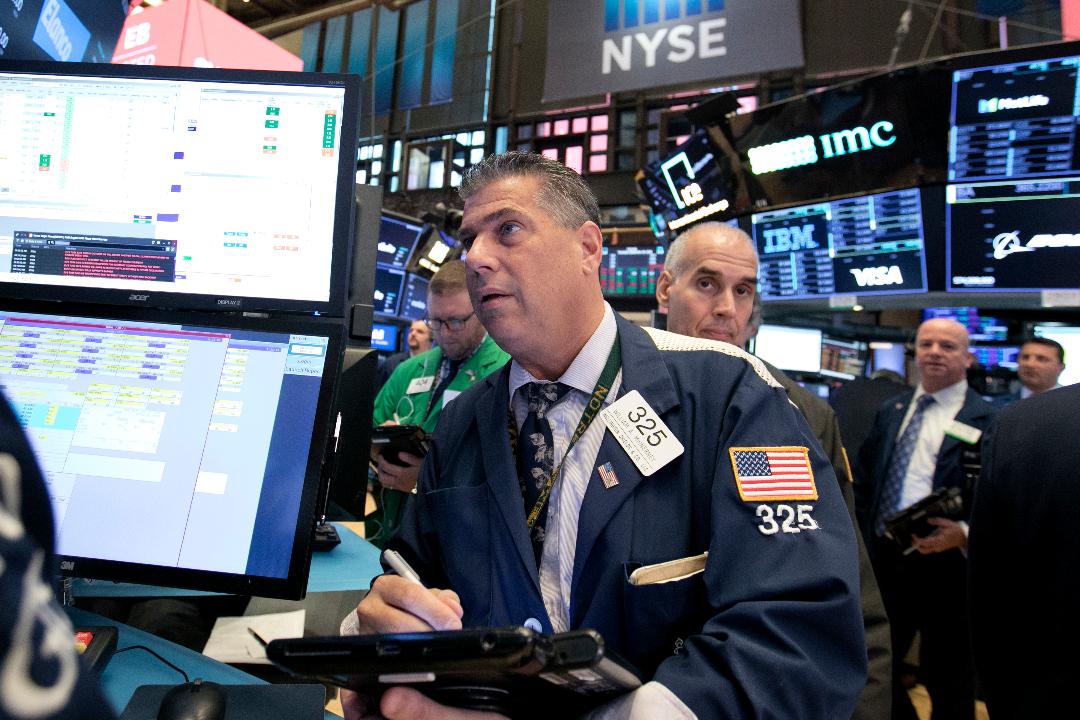Are Lyft, tech IPOs overhyped by investors?
Ebullient investors snapped up shares of Lyft, the second largest ride-sharing company valued at roughly $24 billion, after its public debut on Friday, despite the fact that it had a negative cash flow of $350 million last year and has never made a profit.
Lyft is just the latest of the tech unicorns, private startups valued at $1 billion or more, to go public this year—and is expected to be followed by some of the most glamorous tech companies, including Pinterest, Palantir, Airbnb, Slack, WeWork, and Uber—as investors look to find the next multibillion-dollar IPO.
Despite the hype, it remains unclear whether the sky high valuations these companies command are justified, given their negative cash flow and lack of profits—even though most of these startups are close to a decade old.
- Uber, started in 2009 and now the largest ride-sharing company, was recently valued by Softbank at $120 billion but has yet to make a profit in its 10 years of existence. Last year it had a negative cash flow of $246 million
- WeWork, the co-working and office space company, was most recently valued by Softbank at $45 billion but had a negative cash flow $779 million in 2017 and has yet to make a profit.
Compare those numbers to Facebook and Google’s financials. When Facebook went public in 2012, it had generated a positive cash flow for years—the year before it listed, its cash flow was close to $1 billion. The year Google went public, 2004, the company had a cash flow of $500 million.
One notable difference between Google and Facebook’s IPOs and the IPOs today is the market conditions. Google came of age after the internet bubble burst, and Facebook went public just a few years after the financial crisis. Investors were largely wary of any kind of uncertain bet. In that environment, only the strongest companies could survive the volatile markets and go public.
This spring, however, interest rates continue at historically low levels—since investors aren’t making much of a profit on bonds, they are pushing into riskier investments like stocks.
Another factor in the excitement over new IPOs is because they are coming after a dry spell: The market volatility of late 2018 and the government shutdown, which prevented the Securities and Exchange Commission from approving IPOs, stopped the IPO pipeline for the first few months of the year.
It’s also unclear whether today’s tech companies are unprofitable because they are unable to make money or because they’ve been so inundated with venture capital funds that they’ve been able to focus on the long term with no concerns about burning cash in the near-term.
While hype may be a key factor in boosting valuations, it can be difficult to objectively determine how much some of these companies are worth.
IPO specialist Kathleen Smith, the co-founder of Renaissance Capital, raised the question: How do you value a company, like Lyft, “that has $2.7 billion in sales and is growing at 50 percent, but is losing $12 for every $100?"
CLICK HERE TO GET THE FOX BUSINESS APP
Still, some analysts worry these businesses are going public in time for average investors to buy up shares and wealthy venture capitalists to pull their money out just as the unicorn bubble bursts.
In response to a question about Lyft being cash flow negative, a Nasdaq spokesman said, “IPOs are about raising capital when companies are not yet profitable—it’s investing in the future, placing a bet that companies will be able to grow.”
But Smith believes concerns about a crash are overblown, given many of the most popular companies at least have revenue; in contrast, many of the pre-2000 internet companies had nothing to show for themselves.
“If people are concerned about a bubble, it probably actually isn’t a bubble,” she said. “That said, if these companies are overvalued and can’t produce, that could be a problem.”




















